“You can do anything you put your mind to,” they said on orientation day at Aspirations Diploma Plus High School, on the border of Brownsville and East New York, Brooklyn. I thought they were just saying that because they had to, but on the first day of school, stepping into the building, I felt love and support. I learned that day that this school was meant for me.
Being new to the school gave me a lot of advantages, such as having a peer leader assigned to me. Having a peer leader gave me someone to talk to and made me feel more comfortable. I also had a youth advocate who pushed me to become a better young adult than who I came in as.
In my second trimester I, myself, was nominated to be a peer leader, based on my grades, attendance, and involvement in the school community. Upon my arrival in the peer leader program, the senior leaders were unveiling their first-ever legacy project. Our advisor, Xavier Bishop, told us that as peer leaders, we were joining up with other groups in the school, including the music and poetry studio, dance and step team, women’s group, and men’s group, to form the DREAM Factory.
The purpose of the DREAM Factory is for young people like us to build our legacy as leaders in the school and community using platforms such as dance, music, poetry, and film. The DREAM acronym comes from our principal, Ms. Fleming; it stands for Driven to Reach Every Academic Milestone. We got the name “DREAM Factory” from the fact that we were making dreams come true and guiding young people — like ourselves — to not be afraid to use our hidden talents.
We decided that we were going to make our legacy project about sexual health, because it was something we felt wasn’t commonly spoken about among our peers. We didn’t have the information we thought we had and were not well-informed about the emotional, mental, and physical impact of sex. We decided that we would catch our peers’ attention by writing songs from both a girls’ and boys’ perspective on sexual health, and recording music videos for each song. We put together a proposal to get the project approved by school administration.
Before we started telling our peers about sex, we thought we should see what they already knew. We designed a survey to help determine what we were going to focus on. To create the survey, we did a lot of research and got help from Jason Tucker, a sexual health educator from the clinic down the block. We asked six questions anonymously that would show us where our peers were regarding sexual health. We gave the survey out to a sample of 44 members of our student population. After getting the surveys back, we knew what topics we were going to base our film and music videos on.
In about three weeks we had completed the lyrics for our girls’ song, “You Wanted to Know,” about fighting the peer pressure to have unprotected sex. I wrote a poem that continued the story of someone struggling to make healthy decisions about sex, called “Delilah,” with sex personified:
“…
Drip drip rain drops,
that thrustful hunger
Your goddess is calling
Go steal her thunder.
But lightning is coming,
You don’t wanna get burned
By her fire.
…”
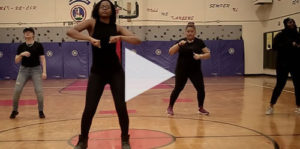
During this process my way with words was enhanced. Helping to write the song opened me up to a world I have never been in, besides in my head. It showed me that I shouldn’t limit my thoughts when I’m writing.
A few months passed; the girls’ song and video were recorded and we were now working on the boys’ song. The boys worked their magic, created the lyrics, and laid it down in the booth. A couple weeks later, the boys recorded their music video for their song, “Shouldn’t Have Trusted It (Whoa).” In the weeks to come, we also wrapped up a behind-the-scenes documentary.
During this process, we learned our project had been chosen by the NYC Department of Youth and Community Development (DYCD), along with other young people’s projects, to be presented at the DYCD Young Citizens Conference on Saturday, May 13th, at John Jay College. As a part of the conference preparation, Mr. Xavier took us to a professional development training for youth facilitators. At the training, I met members of the Mayor’s Youth Leadership Council who opened my eyes to the conflicts and struggles not only in my life but facing many young adults around me. It showed me that as a group, when we join together as young people, we can make a difference in our communities. I also learned a lot about how, as a facilitator, I need to be able to guide my audience to what I need them to know without teaching them.
As we were planning our agenda for the conference, we dished out a lot of what we learned during the project. I’m not just talking about the facts regarding sexual health, but what we had learned as a team and individually, such as not feeling at fault with our mistakes but embracing them to use them to get to another level and to be able to talk about them so other people can learn from our experiences. At this point I saw the growth I didn’t see before while we were doing the different sections of the project.
On the day of the presentation everything was falling apart. My co-facilitator, Jamie Barnett, and I were up half of the night tying up the last loose ends, almost all of our facilitators for the day had not gotten any sleep, and some were missing or late so we had to substitute a lot of things in our plan. We were scared out of our minds, especially me, but after a while we were not afraid as much and, when the day had come to an end, we realized that we had so much fun at the conference and during the entire project.
I have learned so much from this experience that changed me as an individual, maturity-wise. Doing this project opened up a whole new world to me that I didn’t know existed for a young person like me, who grew up in the ghetto and didn’t really have much. Many of us grew up poor, misguided, mistreated, and didn’t have the opportunity to show people our true potential. I still wonder, how far does our voice really go and what are the effects of us making noise for what we want or what we need? I may never know for sure, but to try to find out, I applied to join the Mayor’s Youth Council to help give a voice to the voiceless.
A lot of teenagers my age are still looking for themselves, but I’m proud to say I found myself while working on this project. I am Murlisa Germain, I am a poet, I am a public speaker, I am an advocate, I am an activist, and I’m proud to be a part of the Aspirations Diploma Plus High School DREAM Factory, where you find family to build your dreams and your dreams come true. If there’s one thing I carried away from this year it would be: “You can do anything you put your mind to.”
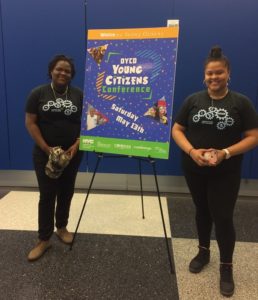
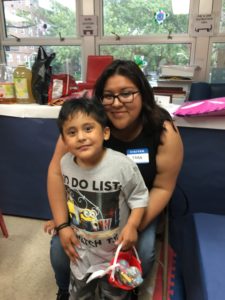
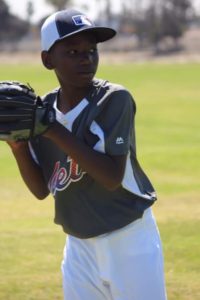
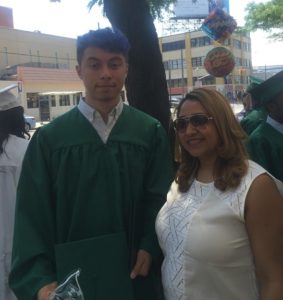
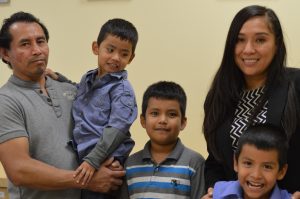
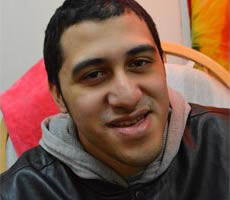
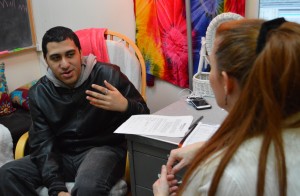
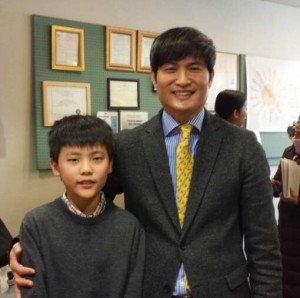
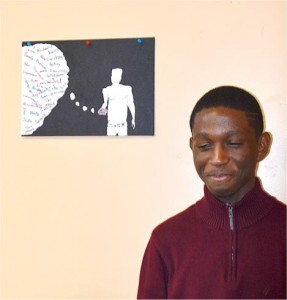

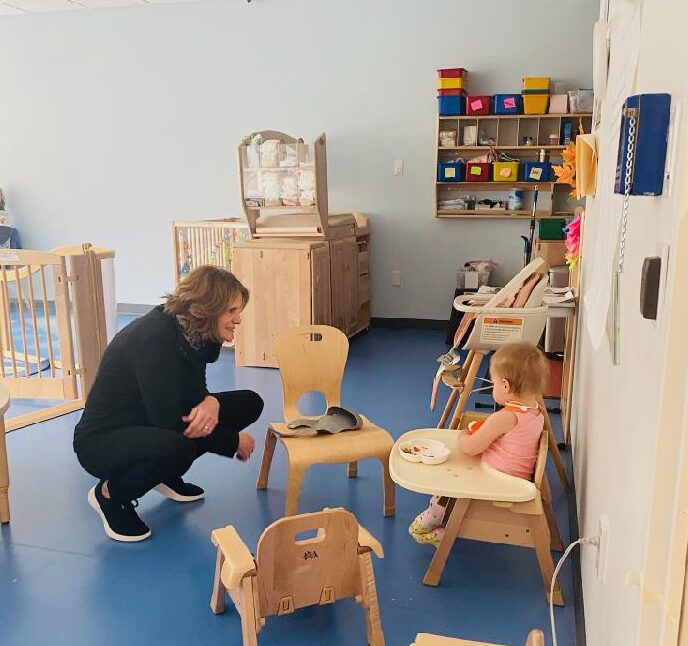
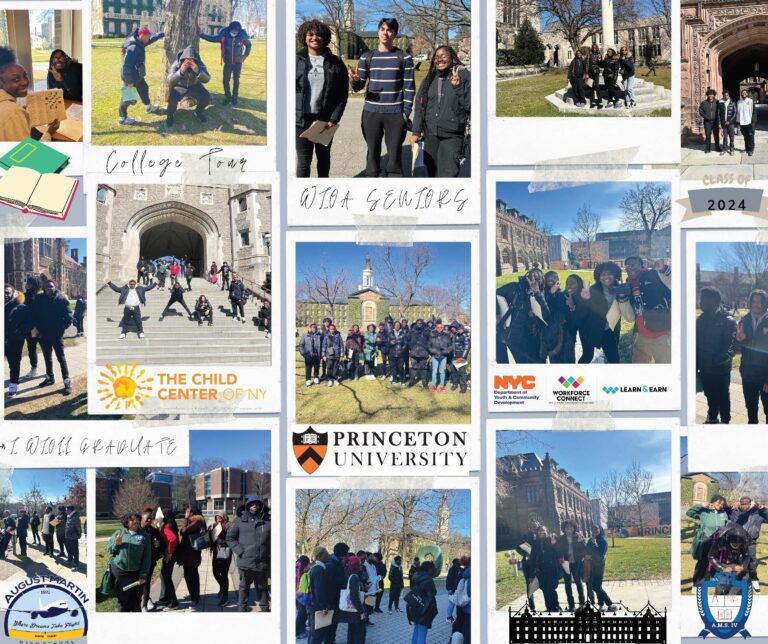
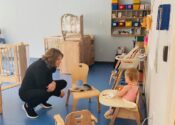
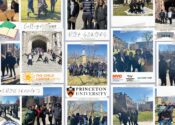

You must be logged in to post a comment.